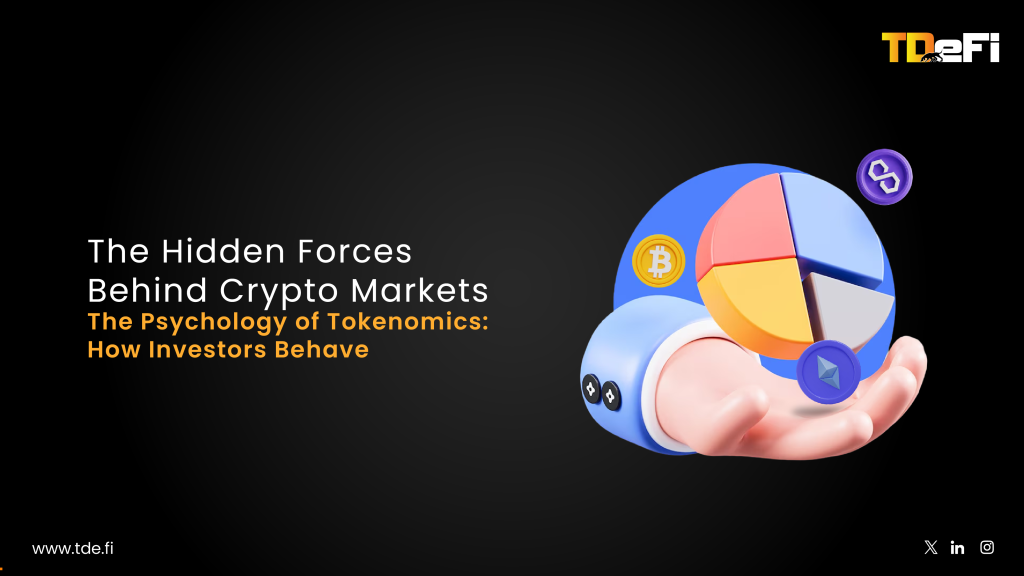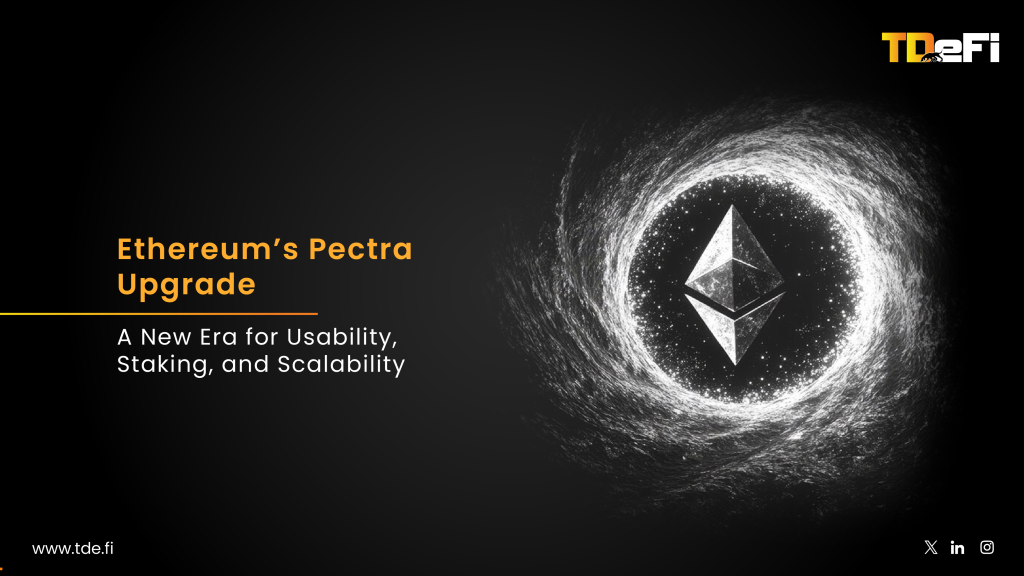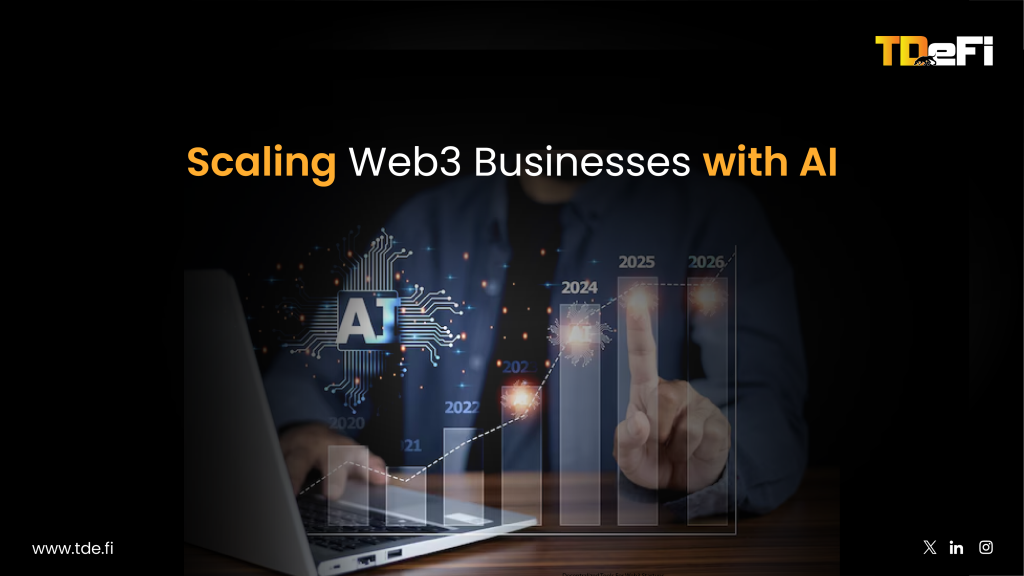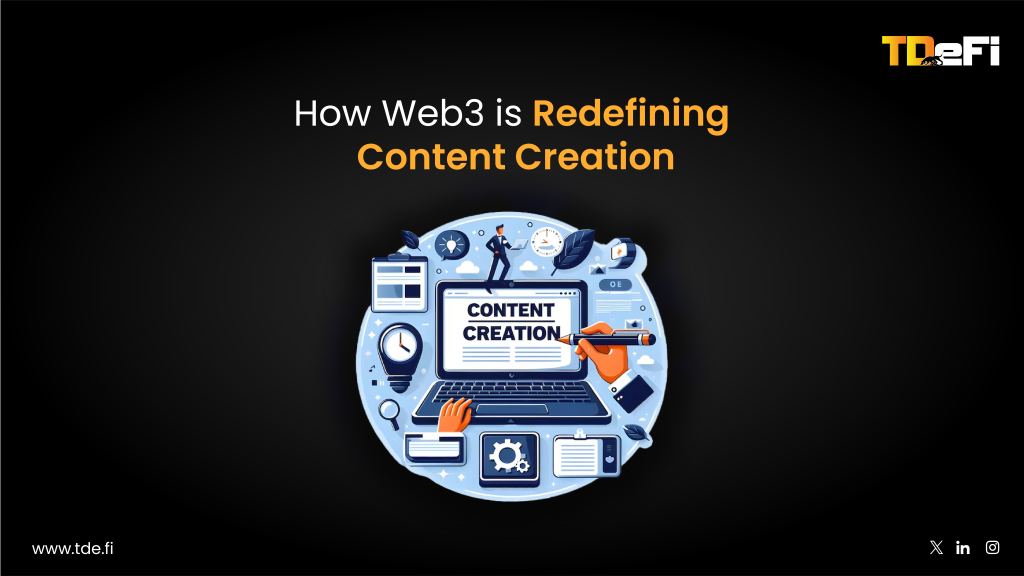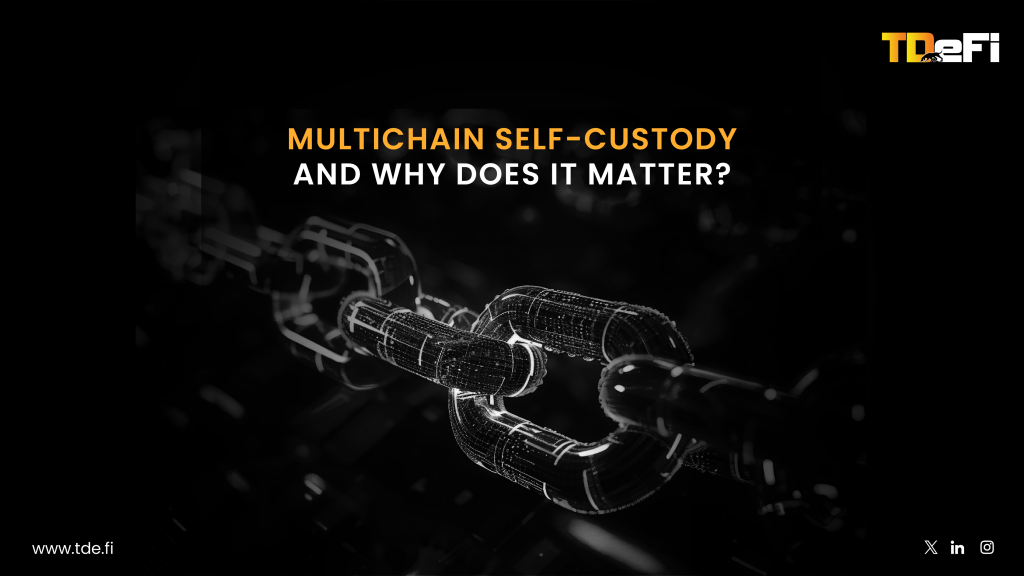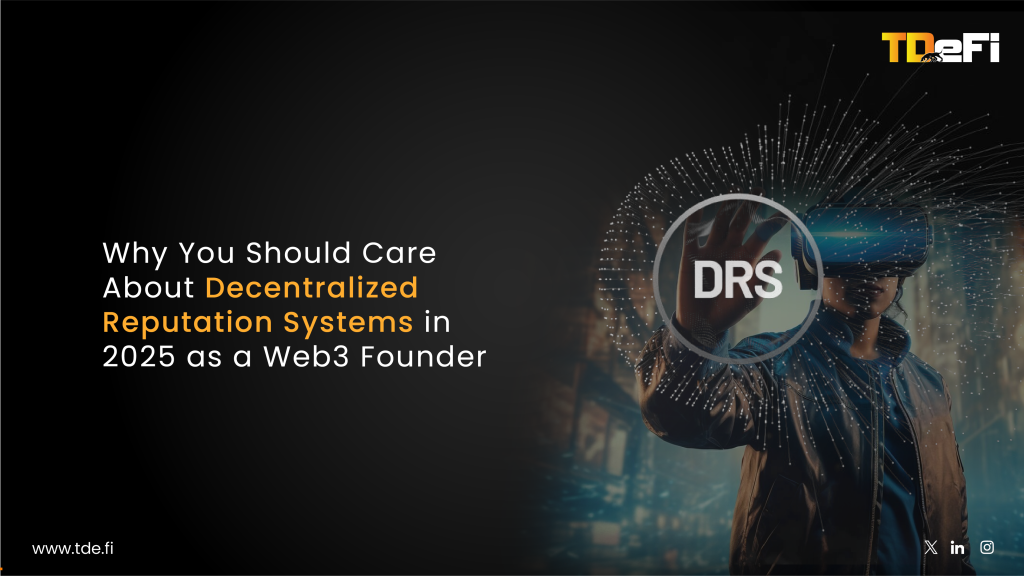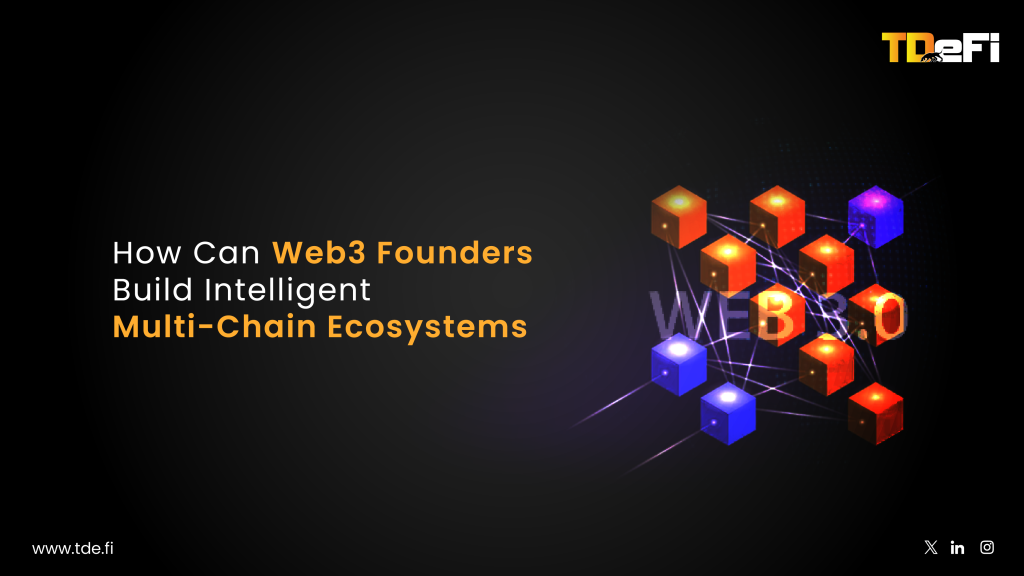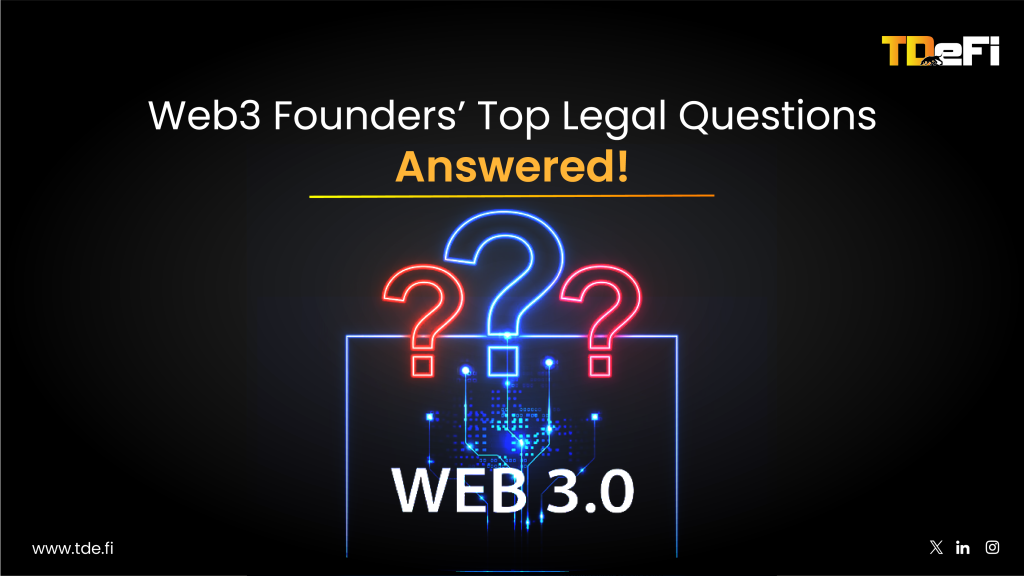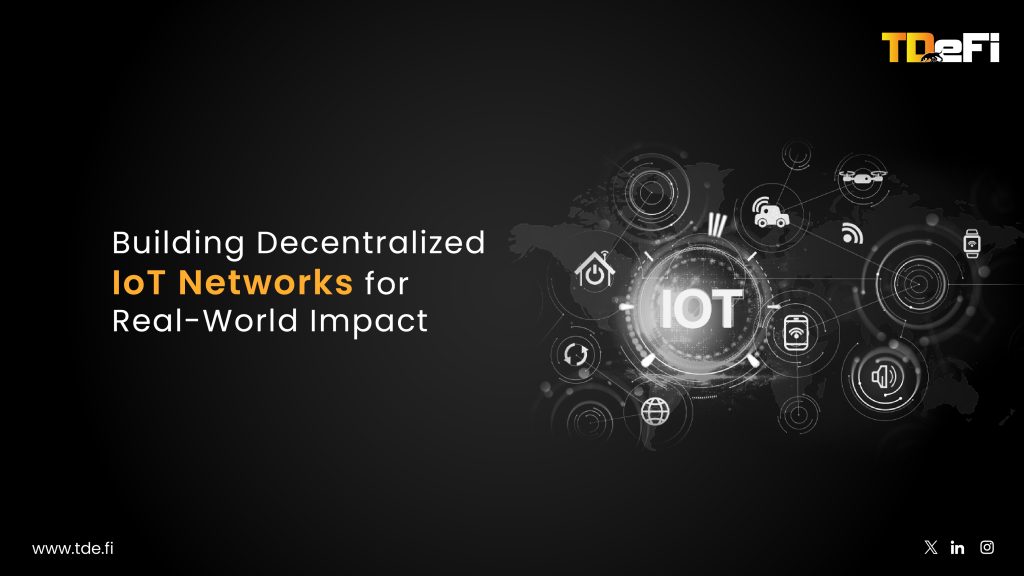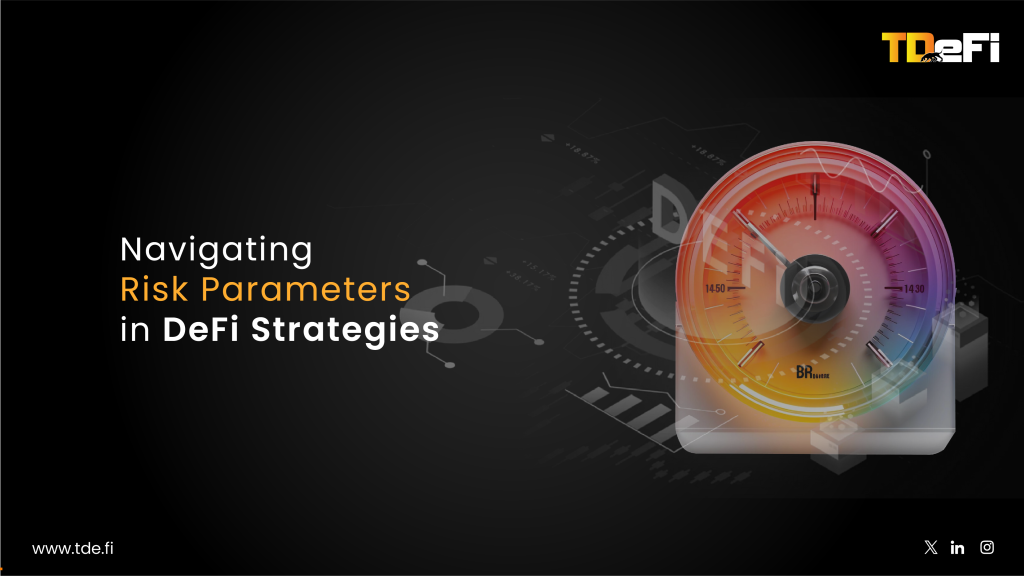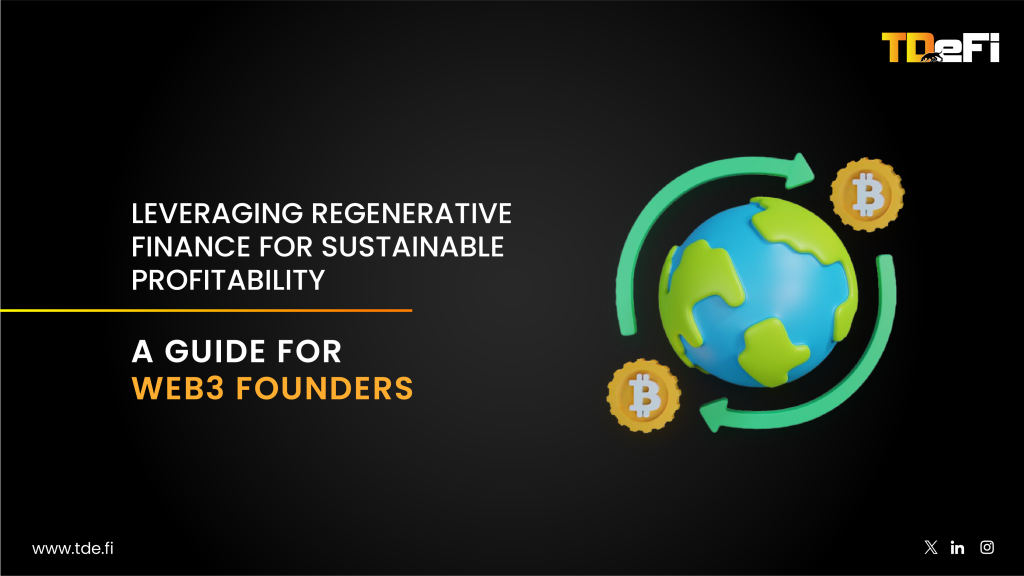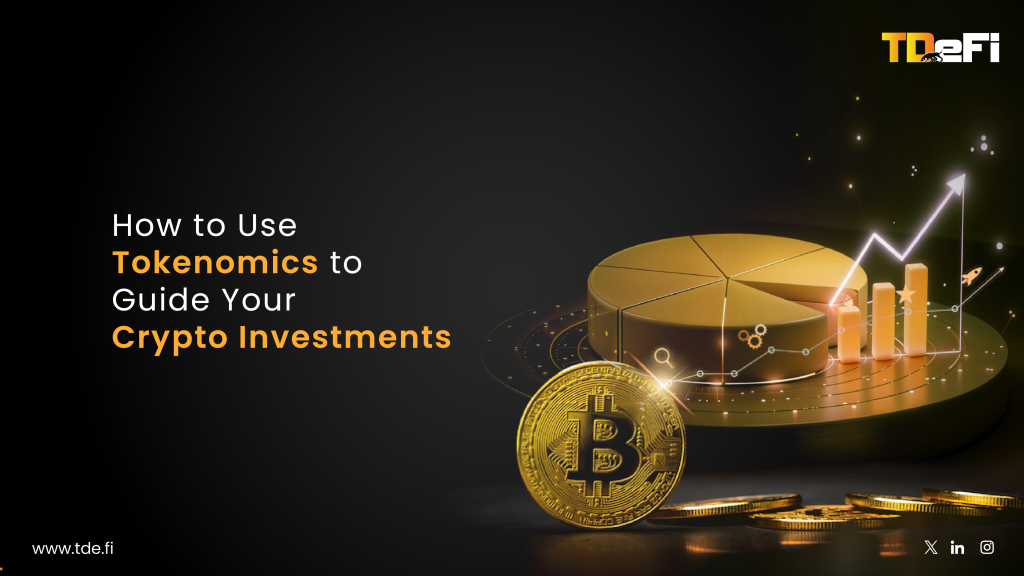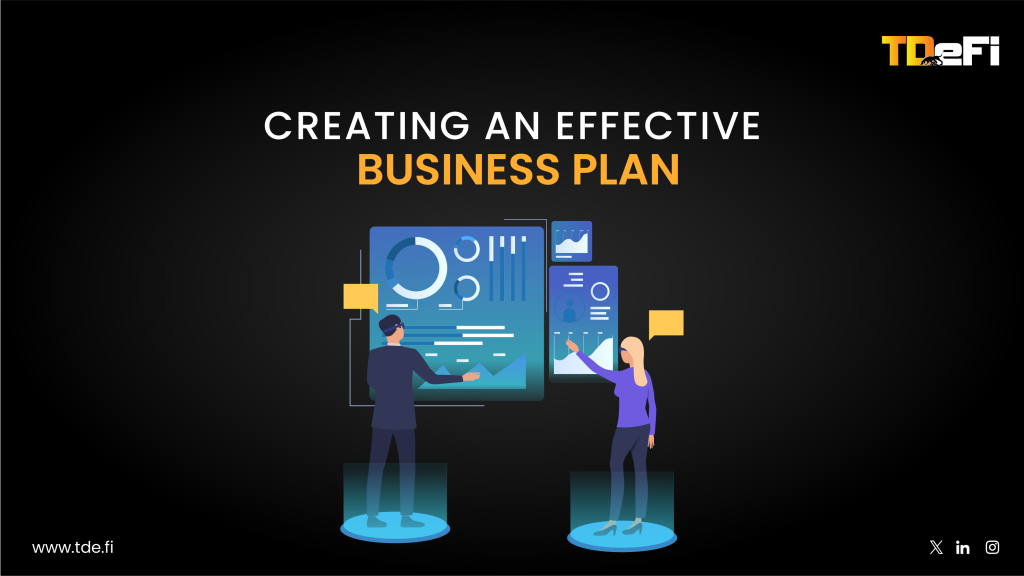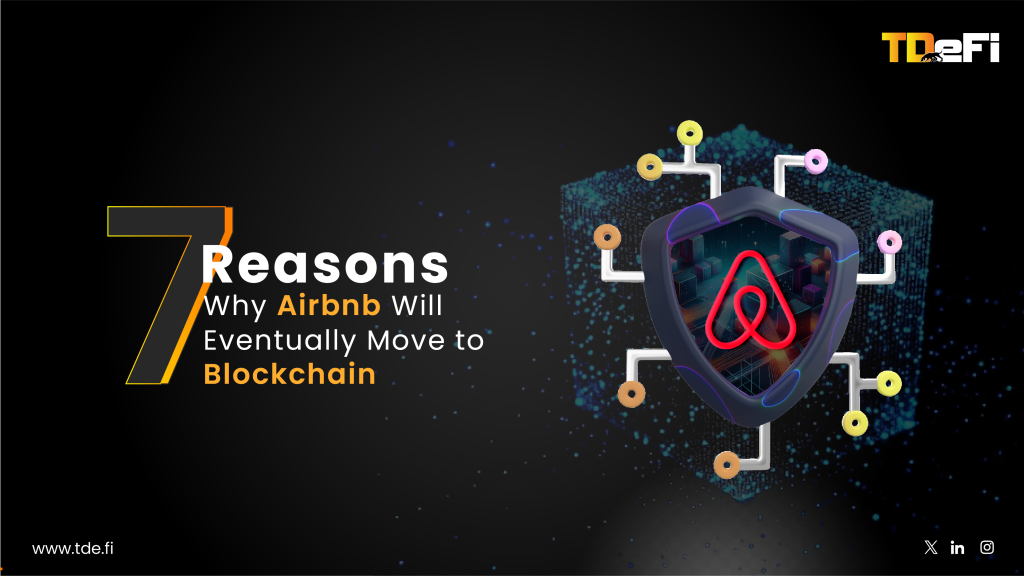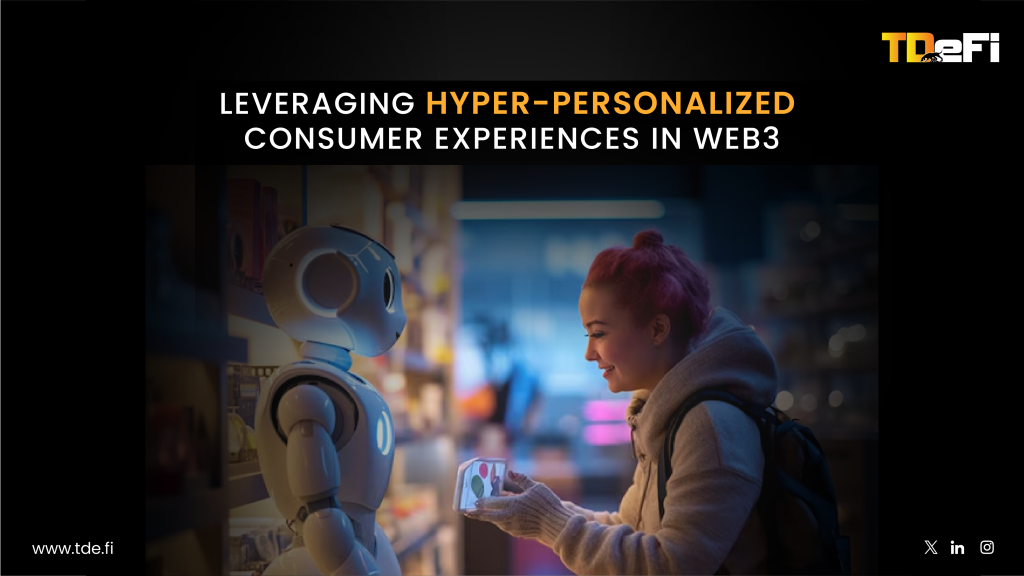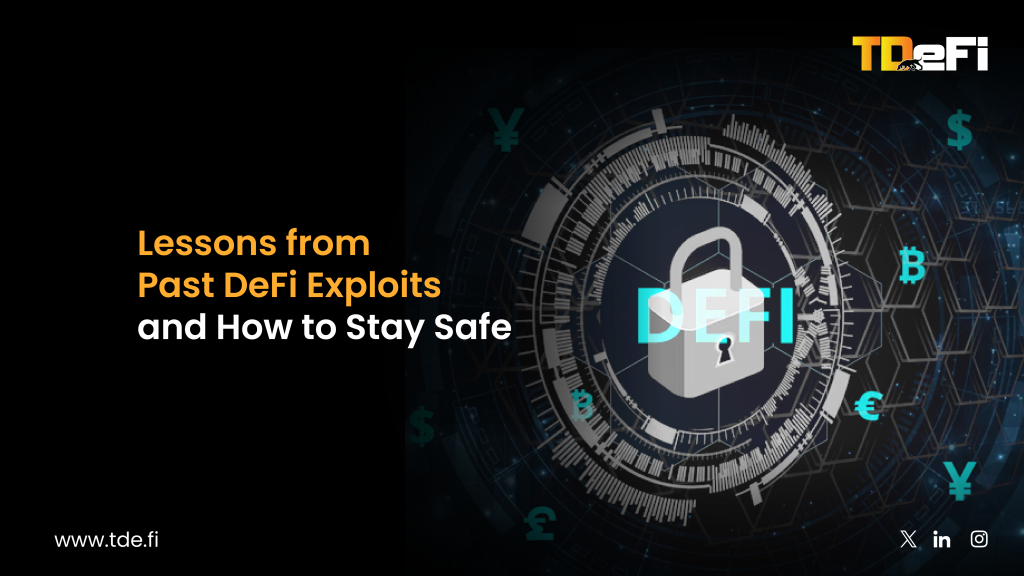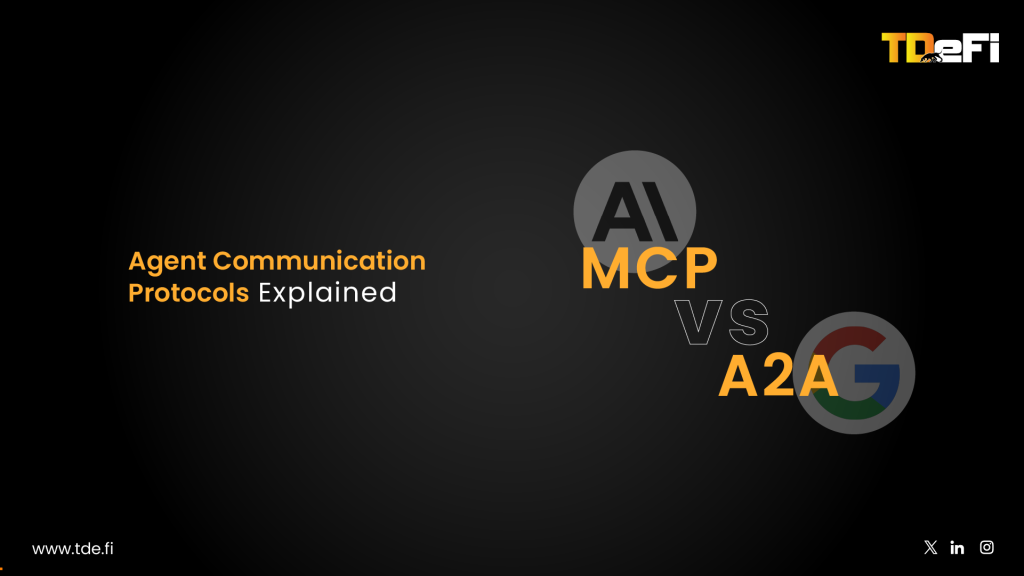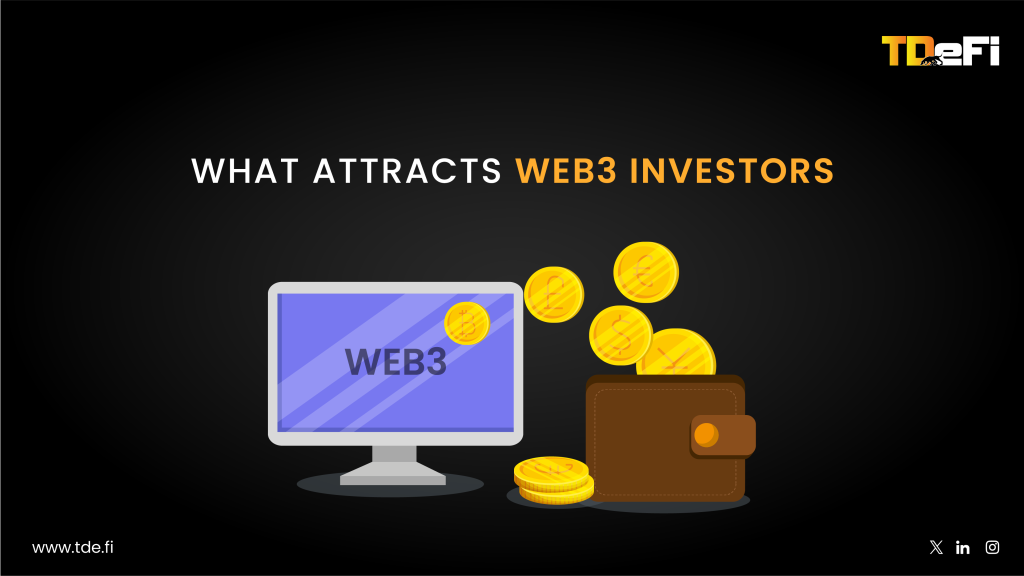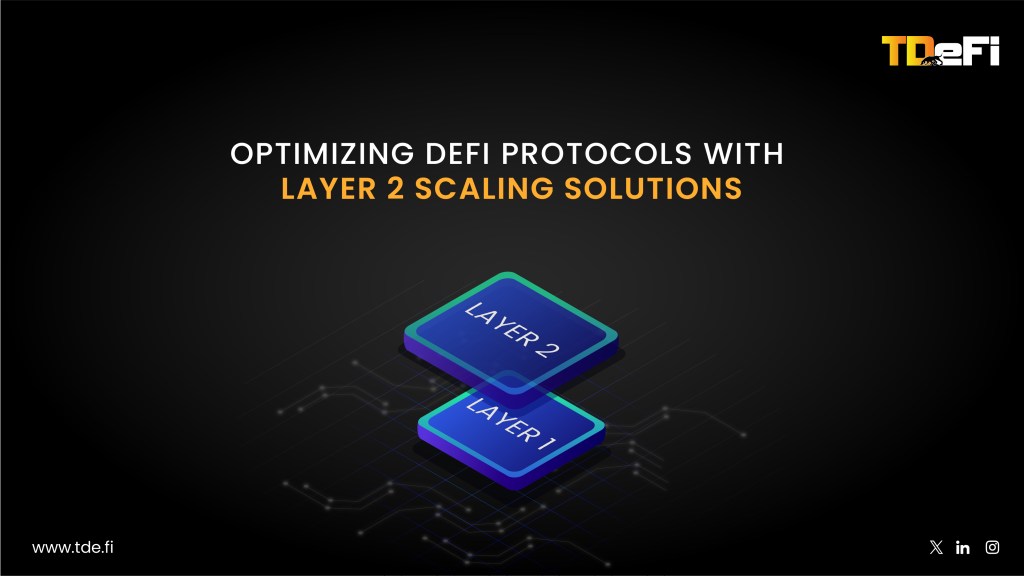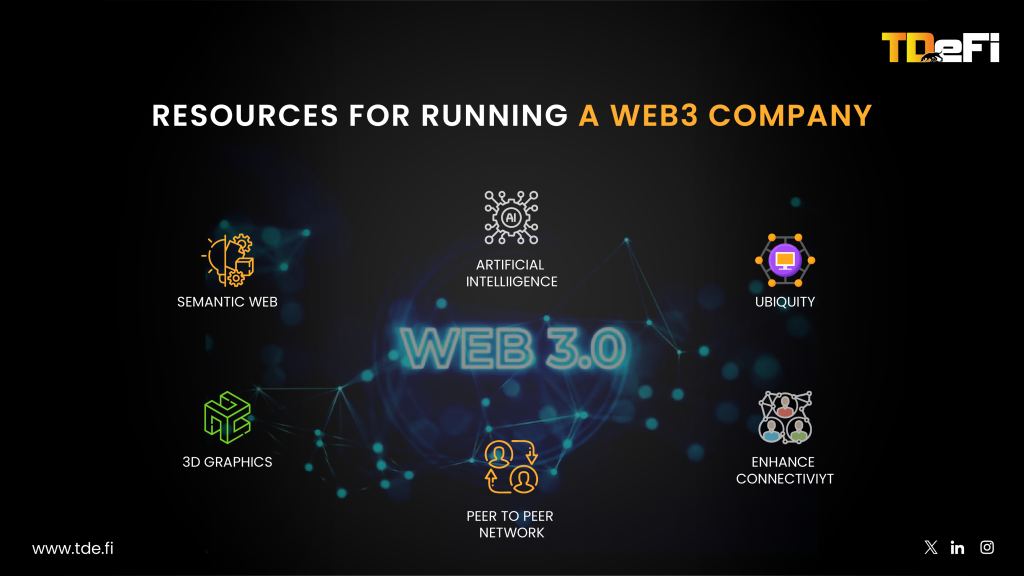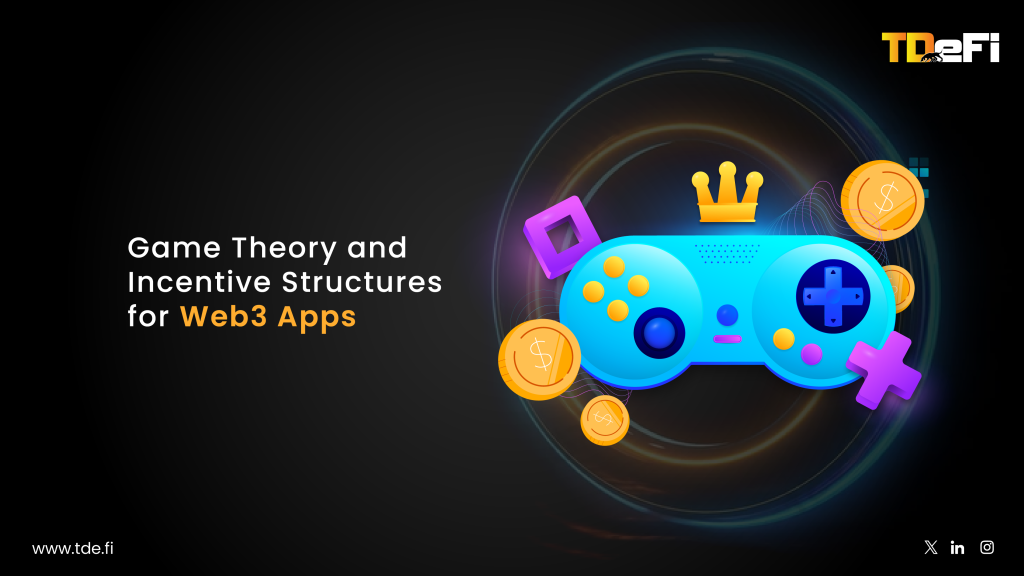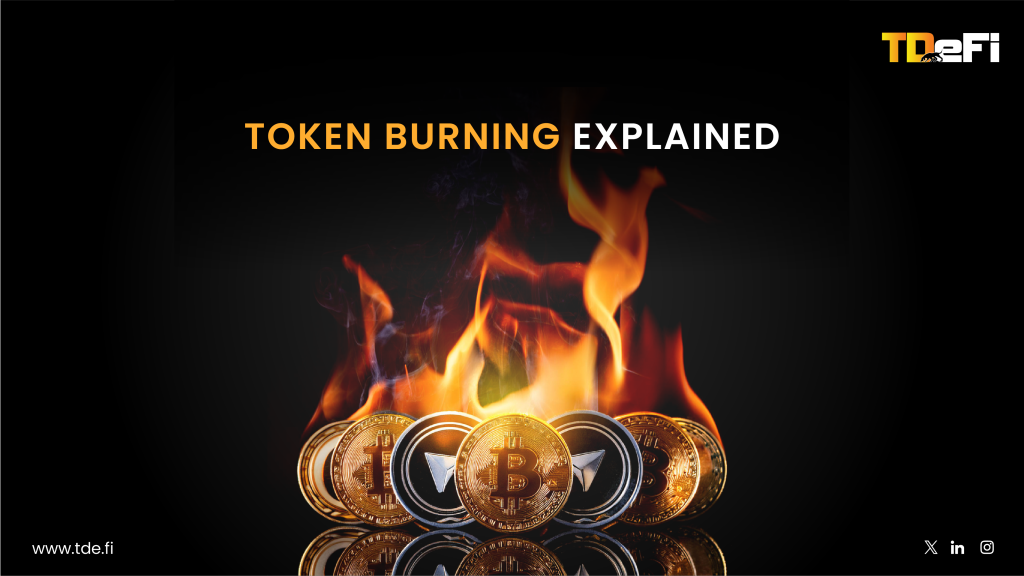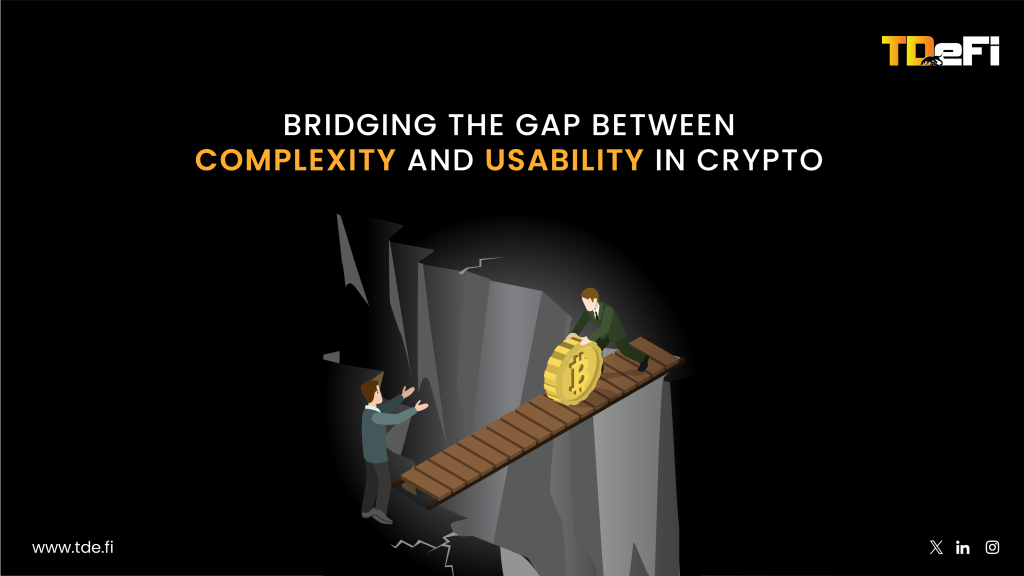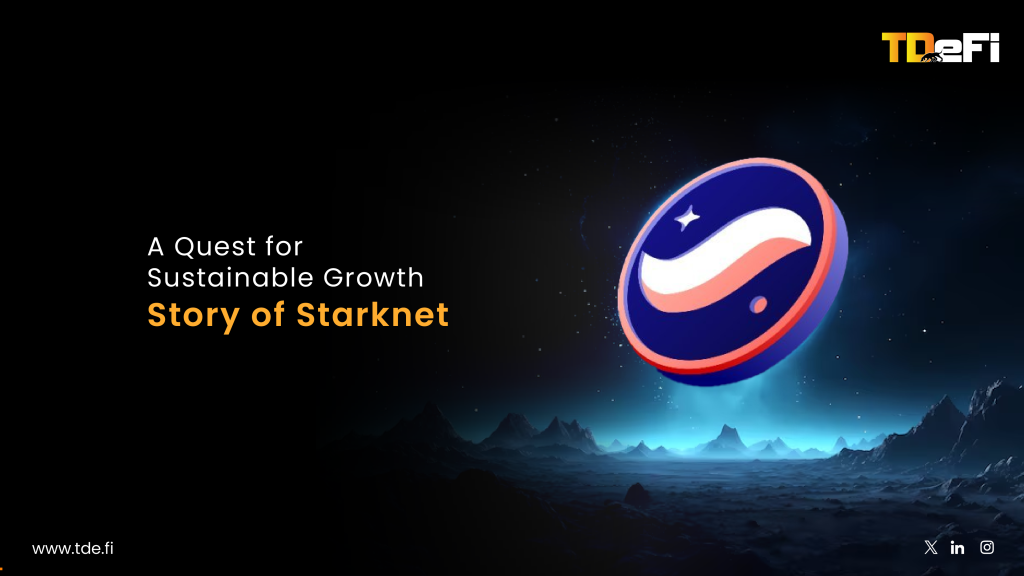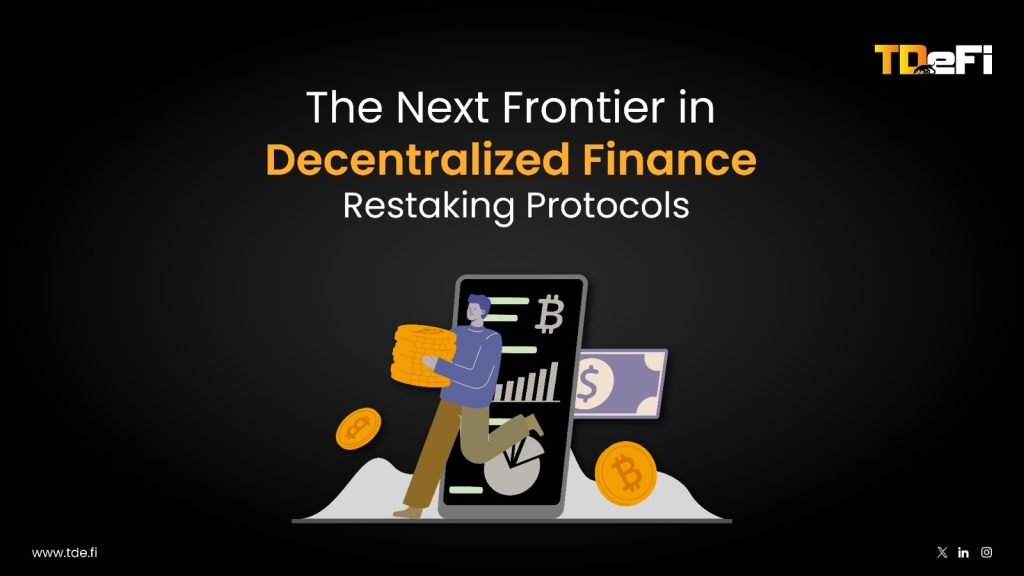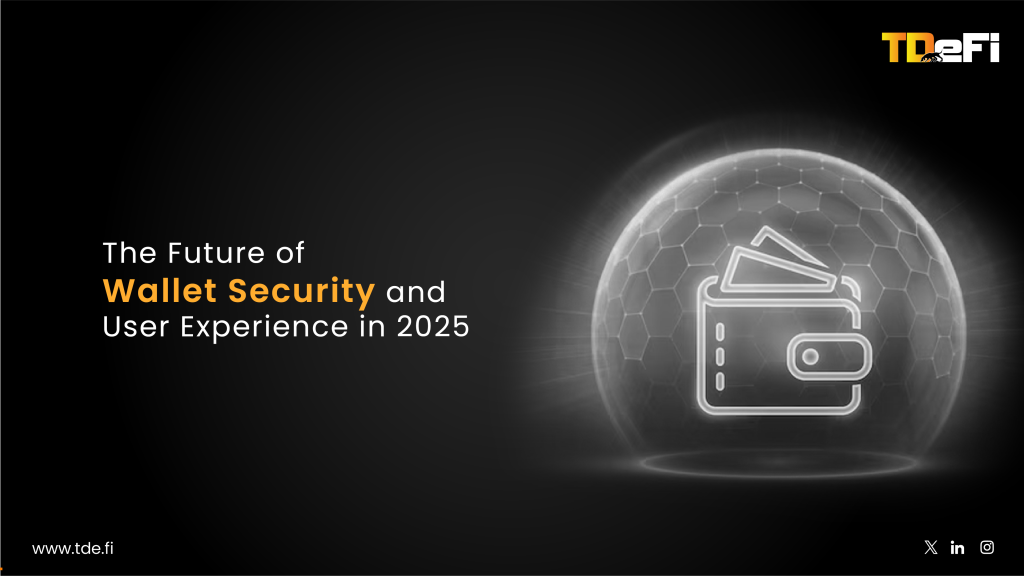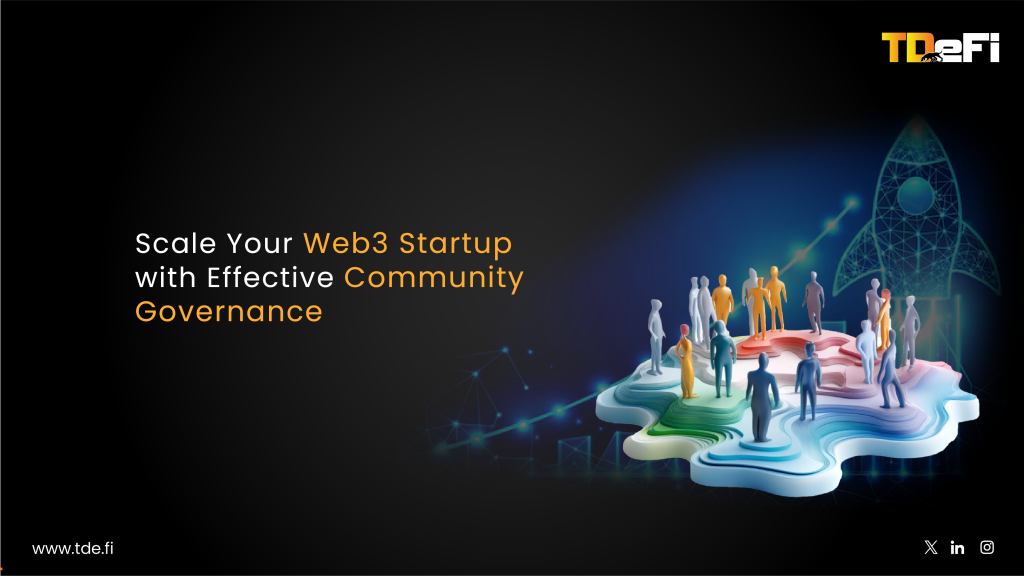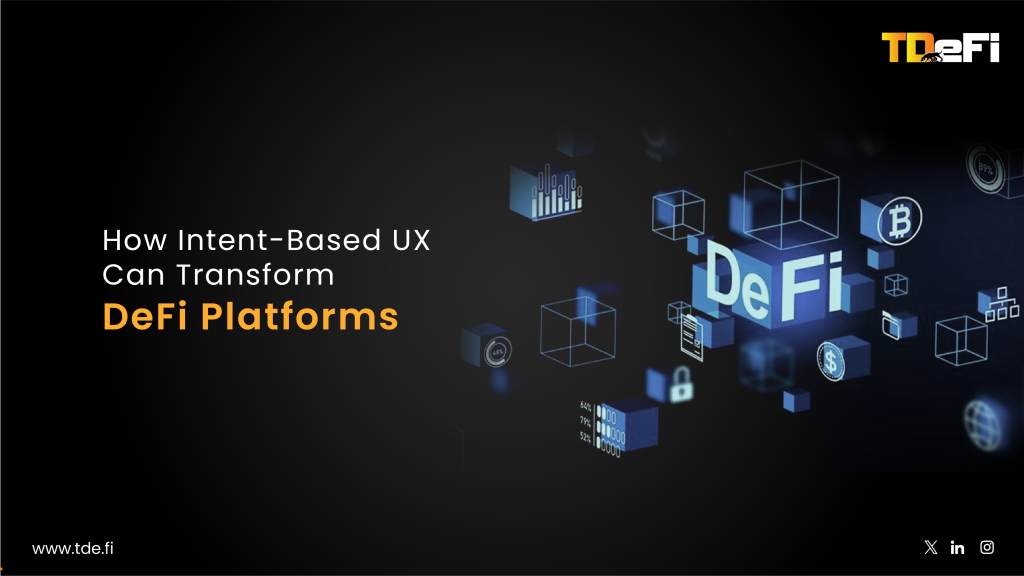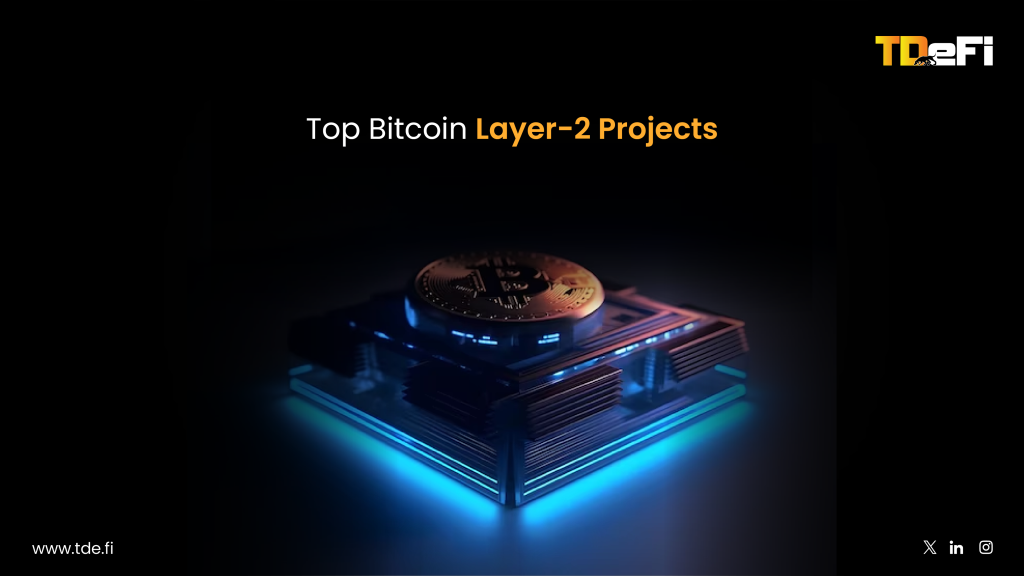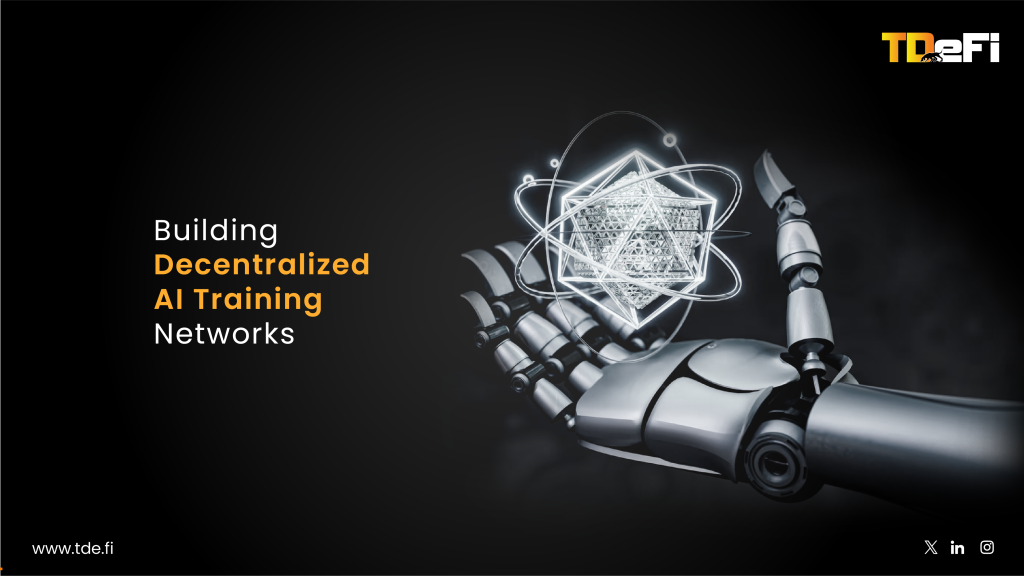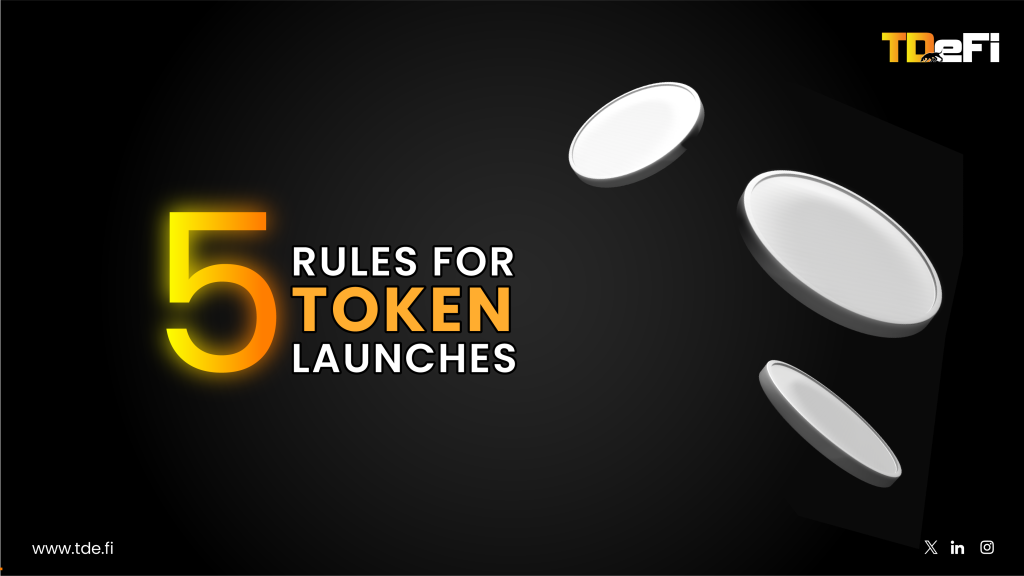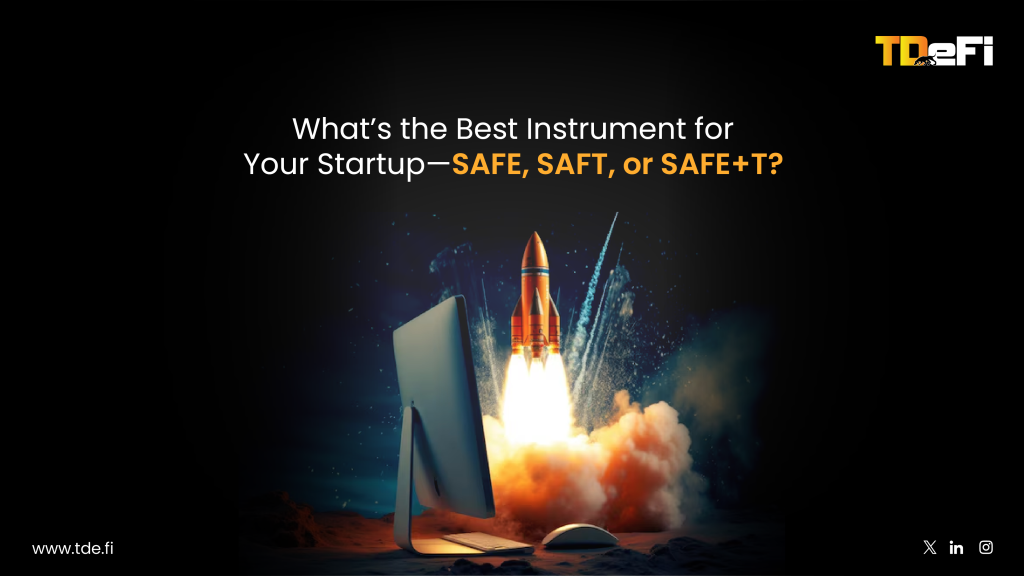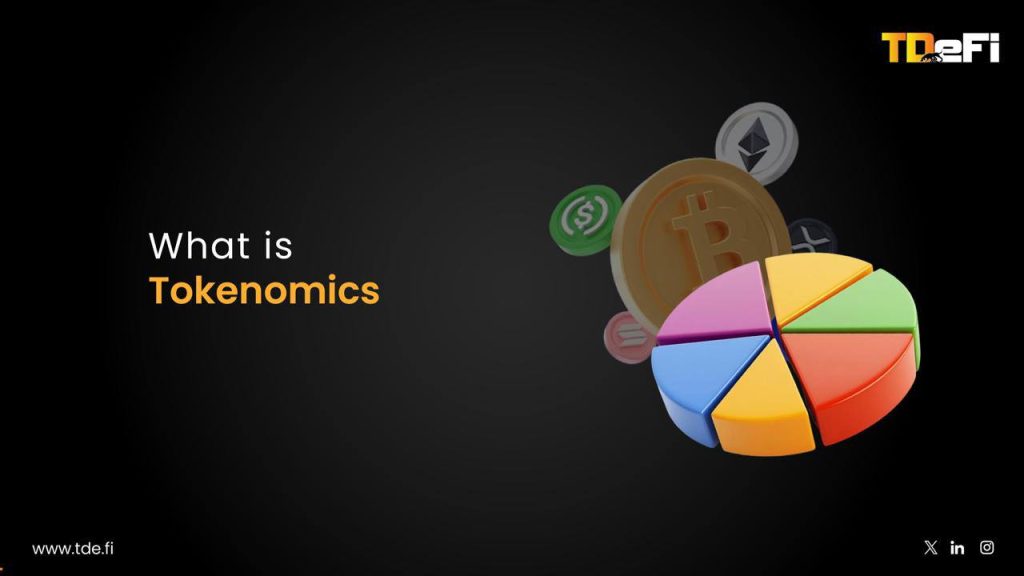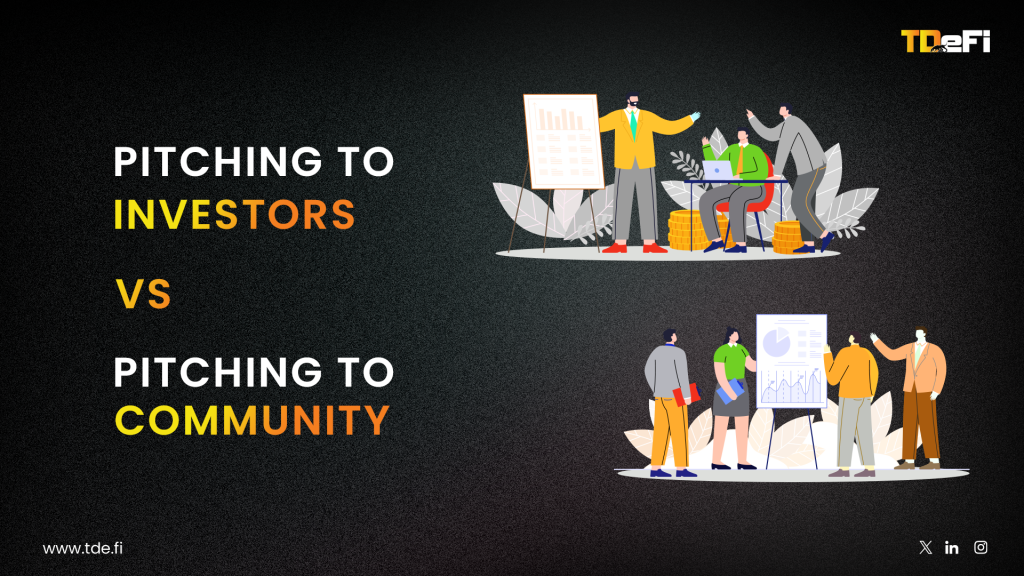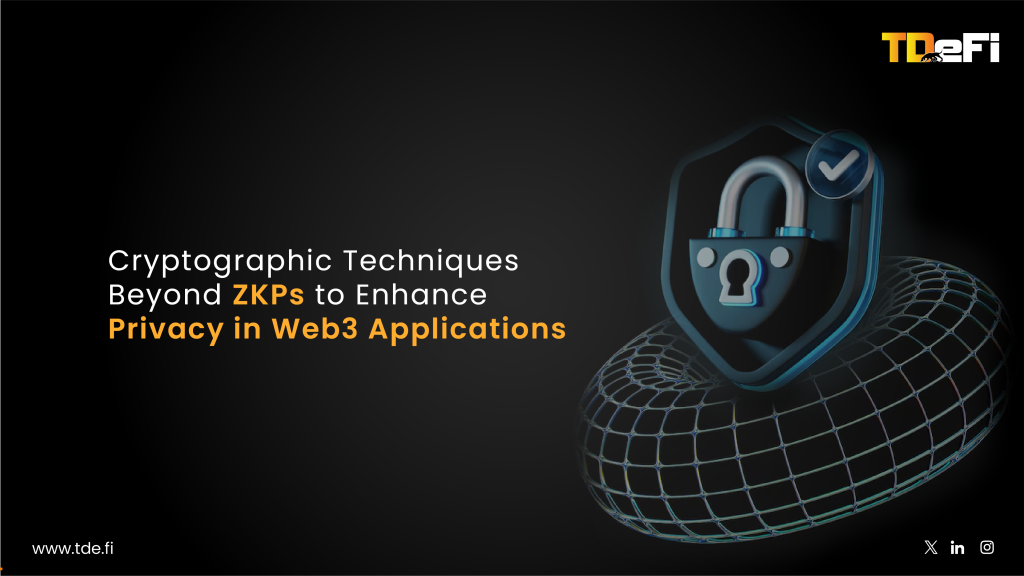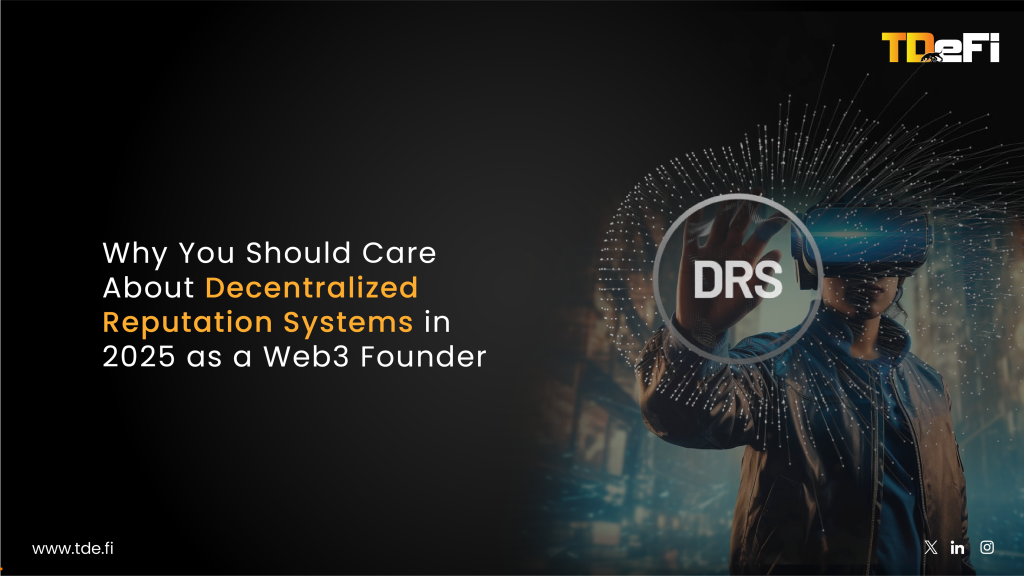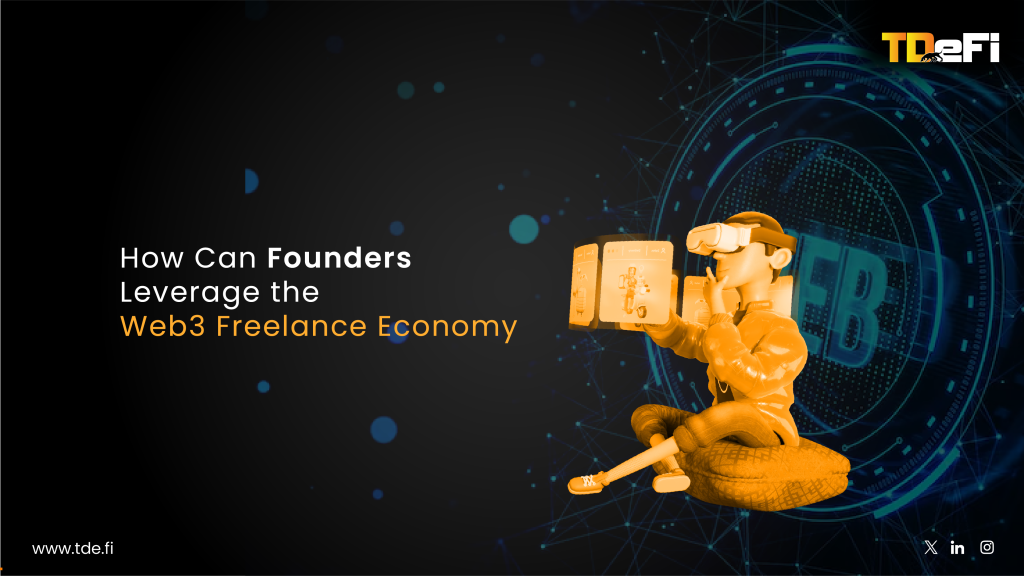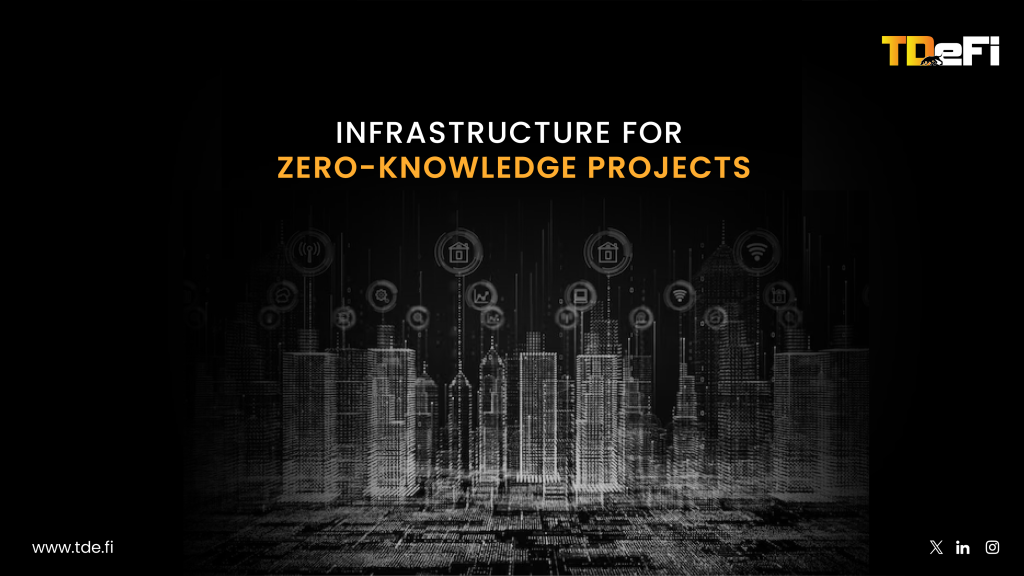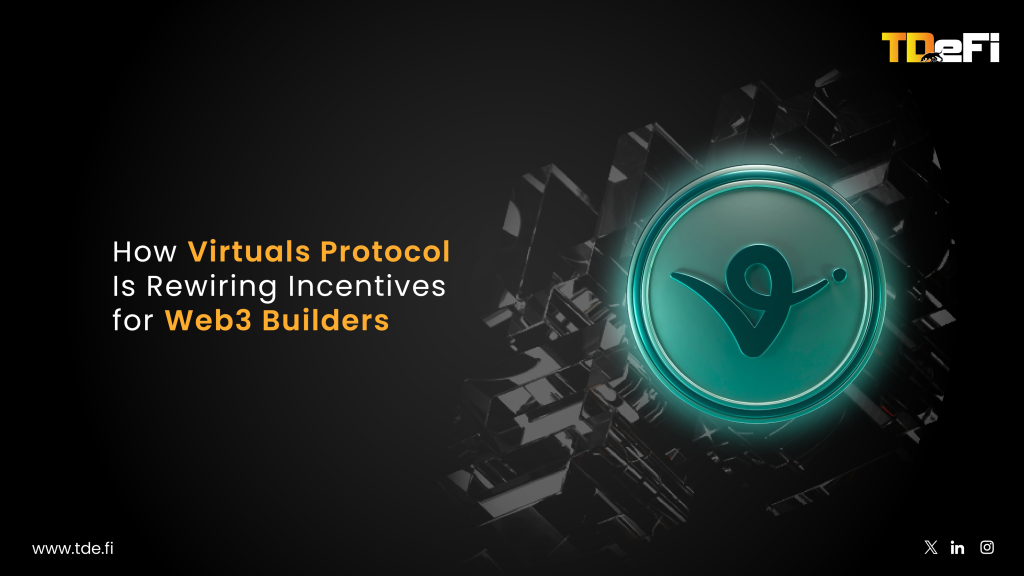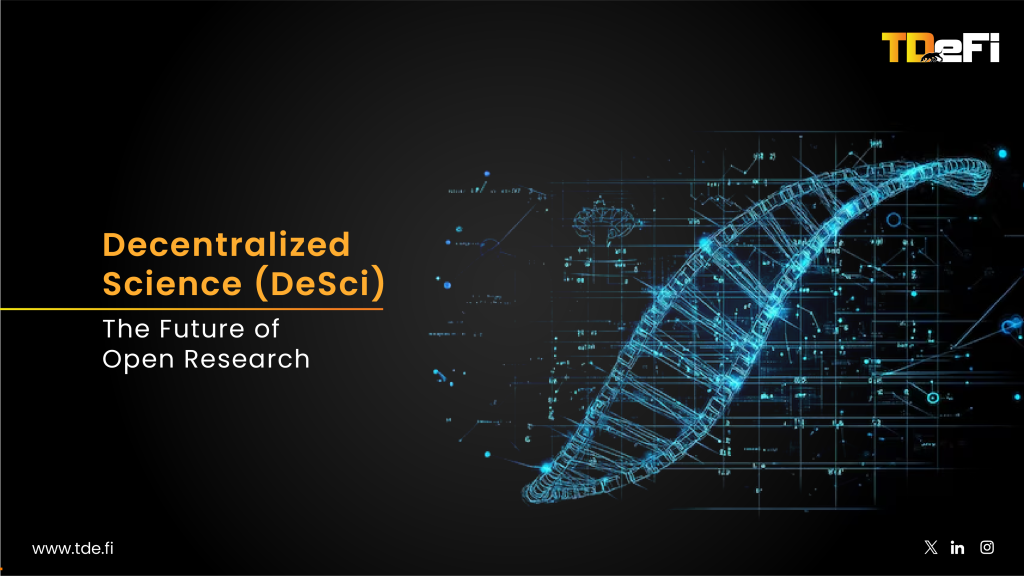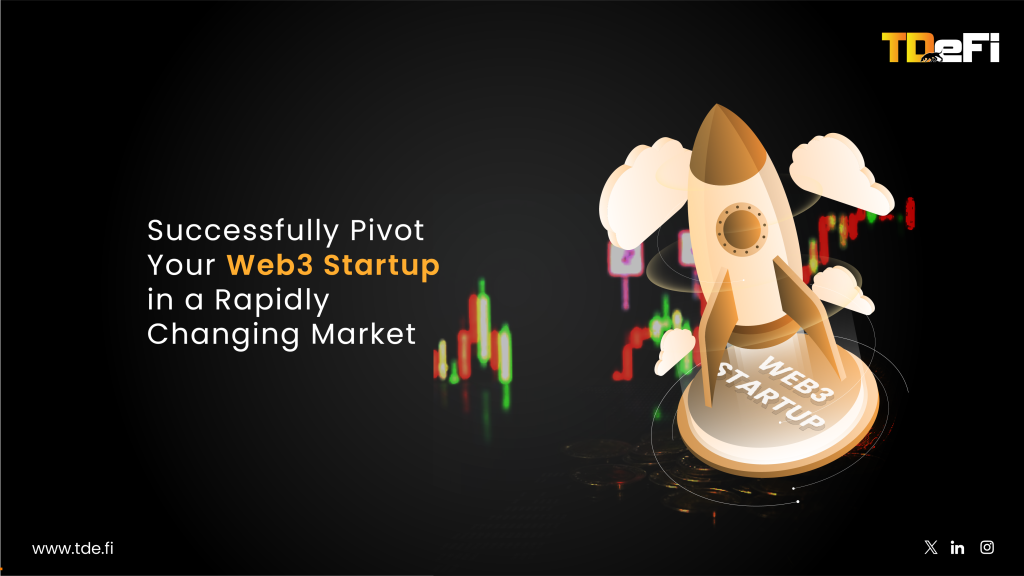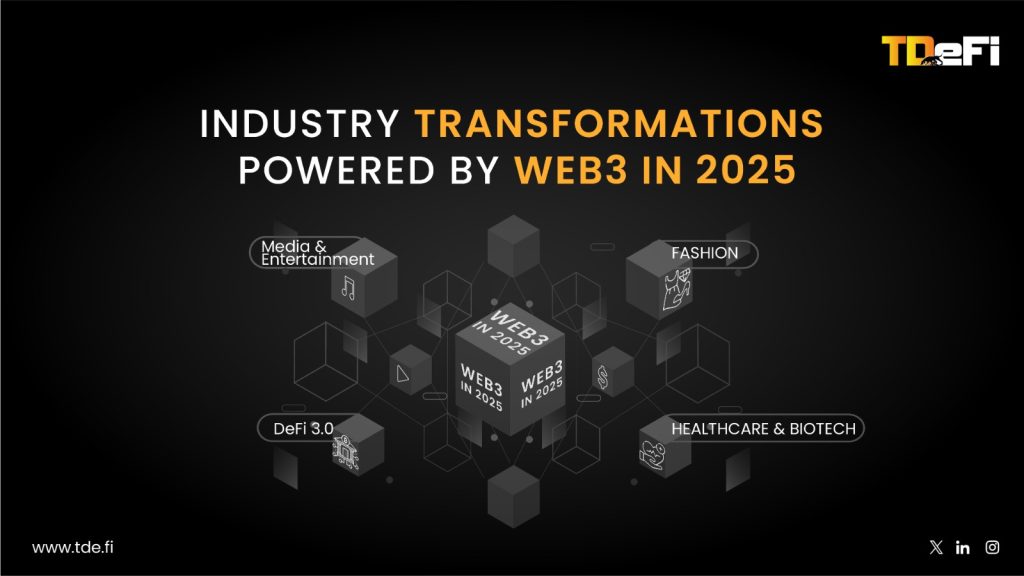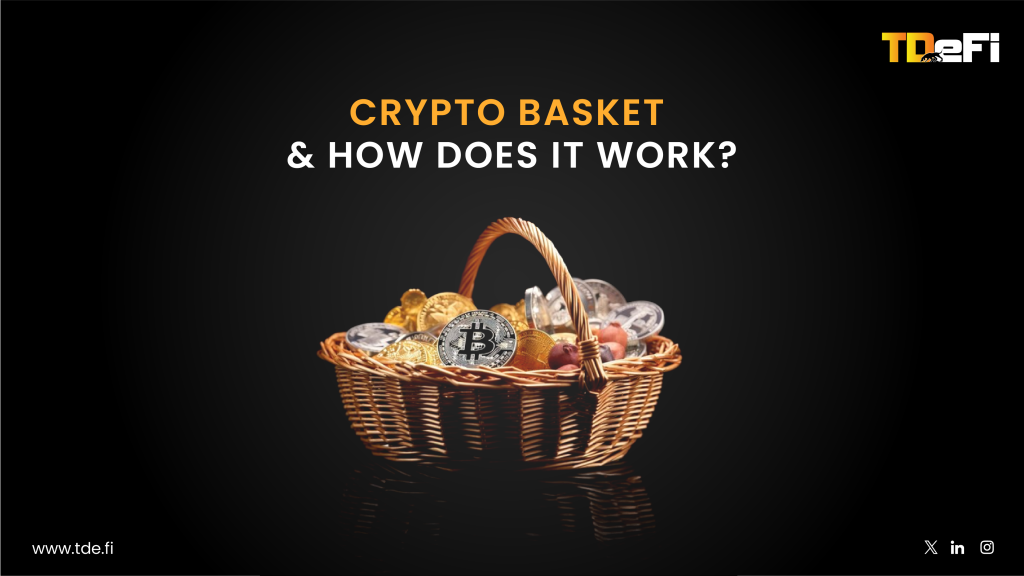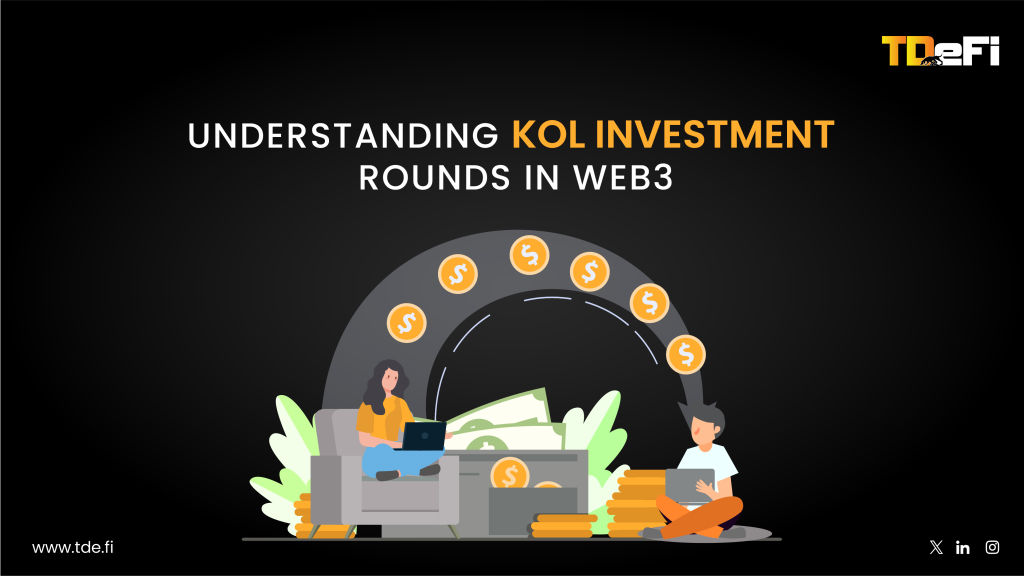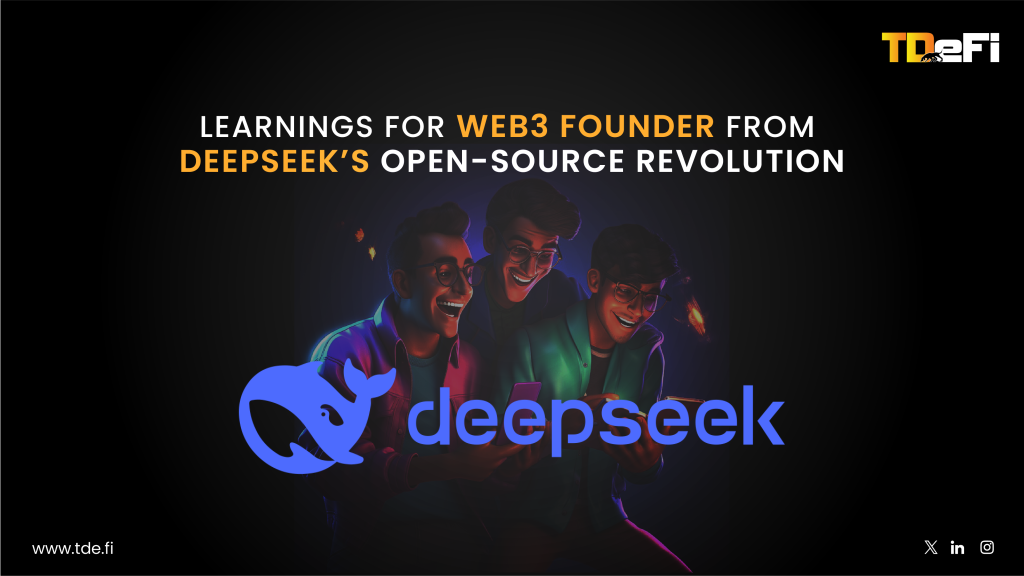Over the past decade, the gaming industry has undergone significant transformation. What began with the rise of free-to-play models on mobile platforms evolved into the era of eSports and live-service games. Now, the integration of blockchain technology (Web3) is reshaping how games are played and experienced. Meanwhile, advancements in artificial intelligence (AI) have opened up new possibilities for more immersive and responsive game worlds.
The convergence of Web3 gaming and AI agents marks a pivotal shift: autonomous agents that can interact with decentralized environments, craft personalized experiences, and simplify complex on-chain transactions and token economies.
However, this integration introduces a range of challenges. In this discussion, we’ll explore how AI and AI agents can address key pain points in Web3 gaming, enhance user experiences and rewards, and weigh the costs or drawbacks associated with adopting AI solutions.
Understanding Web3 Gaming’s Current Challenges
High Barrier to Entry
One of the most noticeable challenges in Web3 gaming is the high barrier to entry. Players often need to set up crypto wallets, manage private keys, and navigate unfamiliar marketplaces just to start playing. This complexity can alienate a large portion of the mainstream gaming audience accustomed to more traditional onboarding experiences (e.g., a simple email registration).
Tokenomics and Economy Design
Web3 games often feature complex in-game economies involving NFTs and fungible governance or utility tokens. Balancing supply and demand, maintaining token value, and incentivizing healthy player behavior are tricky tasks. Many early blockchain games struggled with hyperinflation of tokens or unsustainable reward models (e.g., Axie Infinity’s SLP token inflation challenges).
Cheating, Exploits, and Botting
Because Web3 gaming involves real financial stakes, players and malicious actors have a higher incentive to discover exploits and use bots to gain unfair advantages. Traditional anti-cheat measures are not always sufficient or are easy to bypass in decentralized contexts. We have already seen this in the case of airdrops for Hamster Kombat and Catizen, where users exploited the bots to farm more points, and get more tokens.
Limited Gameplay and “Speculative” Focus
Early Web3 games often focused on speculative NFT trading rather than engaging gameplay. The result is a reputation that blockchain gaming prioritizes financial speculation over a fun or immersive player experience.
User Retention
Even when players overcome the steep onboarding process, retaining them long-term requires consistently engaging content, social interaction, and rewarding gameplay loops. Many Web3 games struggle with user retention once the “initial hype” fades.
The Emergence of AI Agents
AI has advanced to a point where it can significantly impact multiple aspects of gaming, from character behavior to dynamic content generation. As AI finds its way into more industries, the gaming sector—particularly Web3—stands to benefit from autonomous AI agents capable of real-time decision-making and personalized interactions.
What Are AI Agents?
AI agents are software entities that can perceive their environment, reason about it, and then act in a manner that aims to achieve specific goals. In gaming, an AI agent could be a non-playable character (NPC) that adapts to a player’s style, or a backend system that balances token economies dynamically.
Why Now?
Recent developments in machine learning, natural language processing (NLP), and reinforcement learning—alongside increasingly affordable computing power—make AI agents far more capable than they were even a few years ago. Platforms such as OpenAI’s GPT-4 or Meta’s LLaMA have demonstrated unprecedented abilities in language understanding and content generation, spurring wider adoption of AI-driven solutions.
How AI Agents Can Solve Web3 Gaming Challenges
Streamlined Onboarding and UX
Non-crypto-native players face friction with wallets, gas fees, and complicated processes that hamper mainstream adoption. AI agents can help in below mentioned ways:
- Personalized Tutorials: AI-based chatbots and voice assistants can guide new players through wallet creation, NFT minting, and game mechanics. By adapting to the player’s learning curve and explaining concepts in simpler terms, onboarding friction is greatly reduced.
- Dynamic Support: In-game AI support agents can answer user queries in real-time (e.g., “How do I list my NFT on the marketplace?”). This approach is already seen in centralized gaming with simpler chatbots, but Web3 can leverage it further due to complex token and wallet interactions.
Dynamic Economy and Tokenomics
Complex token economies often become unsustainable once the hype dies down or market conditions shift. AI agents can optimize this by below methods:
- AI-Driven Balancing: AI can monitor player behavior, analyze market data, and automatically adjust rewards or token supply. This helps avoid scenarios where a game’s economy is oversupplied with tokens, leading to crashes in token prices.
- Predictive Analytics: By forecasting player population changes or NFT demand, AI agents can issue proactive rebalancing measures, ensuring the longevity and stability of a game’s economic ecosystem. Some Web3 titles on Immutable X are exploring real-time analytics dashboards that could later be tied to automated decision-making AI.
Anti-Cheat and Fraud Detection
Bots and cheaters exploit loopholes in Web3 games, using them to farm tokens or artificially inflate prices. AI-driven fraud detection can monitor user behavior at scale, identifying suspicious patterns in real time. For instance:
- Behavioral Analysis: AI can learn typical player behaviors and detect anomalies. For instance, if a player account completes tasks at impossible speeds or interacts with a blockchain contract 24/7, the AI can flag it for further review.
- Pattern Recognition: Machine learning can detect multi-accounting and identify suspicious trading patterns in NFT marketplaces. This approach is already used by centralized platforms (like Steam and PlayStation Network), but decentralized gaming communities can benefit from more transparent, on-chain data for robust detection.
Procedural Content Generation and Storytelling
AI-powered quest generation, storyline updates, and adaptive difficulty can keep gamers engaged. For instance:
- NPCs with Personality: AI can endow NPCs with unique dialogue styles and evolving story arcs. For example, a village merchant might remember your previous visits and change prices or quest lines based on your reputation.
- User-Generated Content: Some emerging projects, such as The Sandbox, are experimenting with generative AI tools to create voxel-based assets. Extending this concept, AI agents could allow players to design entire game levels or items minted directly as NFTs.
Enhanced Reward Mechanisms
AI-driven economic models can dynamically adjust token rewards, NFT minting rates, and resource distribution. These autonomous agents can analyze market conditions, user behavior, and in-game activity to maintain a balanced economy.
- Adaptive Rewards: Instead of handing out static amounts of tokens for completing repetitive quests, AI can gauge the difficulty or novelty of tasks and adjust rewards accordingly, preventing “grind loops” or exploitative farming.
- Personalized Incentives: AI models analyzing individual playstyles and engagement metrics could offer customized challenges or yield boosters, ensuring players remain motivated.
Recent Examples
- Gala Games has been exploring AI-based features for NPC interactions in games like Mirandus. While still in early stages, the roadmap includes potentially using AI to create dynamic quest lines.
- Neon District integrates a Web3-based economy and has hinted at using AI for detecting bots and improving NFT trading security. Though not fully public, the developers have mentioned ongoing AI-driven R&D.
- Illuvium, a popular blockchain auto-battler on Ethereum, is experimenting with advanced analytics to balance its collectible creatures (Illuvials). In the future, they may incorporate AI frameworks to automatically adjust in-game stats based on player data.
Potential Use Cases Moving Forward
- Metaverse Moderation: Decentralized virtual worlds (e.g., Decentraland) need AI agents to monitor user-generated content for inappropriate behavior or IP infringement, ensuring safe and fair community spaces.
- Smart Autonomous Guilds: AI could manage entire “guilds” of NPCs or distributed players, organizing raids or missions that adapt in difficulty based on player skill, bridging the gap between solo play and massive multiplayer experiences.
- AI-Driven Tournament Management: Web3 eSports events can use AI to seed brackets, schedule matches, handle on-chain prize pools, and detect suspicious match-fixing activities.
- Cross-Game Inventory and Identity: As players move between different games within a blockchain ecosystem, AI agents could manage a unified “inventory” or “reputation score” across multiple titles, adjusting item usage or character power automatically.
Costs and Drawbacks of AI Agents in Web3
- Computational Expenses
Running advanced AI models on-chain is still ridiculously expensive and inefficient. While Layer 2 solutions and off-chain computations help, the overhead can be significant. A fully autonomous AI managing a game’s economy may require large computational resources, which inevitably racks up fees.
- Data Privacy & Ownership
AI thrives on data. But in Web3, user data is supposed to be decentralized and (ideally) private. Striking a balance between feeding enough data to AI for personalization and maintaining user privacy is tricky. Mishandling data can lead to trust issues, especially in a space already wary of centralization.
- Bias & Fairness
AI models, if not trained or managed properly, can introduce biases that affect certain groups of players. Imagine an AI economy agent that inadvertently favors whales or early adopters. Ensuring the training data and algorithms are fair, transparent, and community-governed is vital.
- Regulatory & Ethical Concerns
As AI decisions become more integral to gameplay and economies, questions arise about accountability. Who do you hold responsible if an AI agent screws up an entire in-game economy, causing real monetary losses? Regulatory clarity on autonomous agents in decentralized environments is still murky.
The Road Ahead for AI in Web3 Gaming
Despite the hurdles, the promise of AI-driven, decentralized gaming ecosystems is huge. The ability to create dynamic worlds, automate complex economic balancing, personalize experiences, and secure the environment from cheaters can redefine what it means to play, create, and earn in virtual spaces.
- Short Term: Expect incremental adoption of AI for fraud detection, basic NPC interactions, and data-driven economy balancing.
- Medium Term: More advanced use cases like AI-guided game design, AI-run tournaments, and real-time adaptive storytelling will emerge, backed by the growth of layer-2 solutions that reduce on-chain transaction costs.
- Long Term: Fully autonomous AI agents operating as “players” or “guilds,” or even co-owning game assets, might become commonplace—paving the way for a truly self-sustaining metaverse where AI and humans coexist and collaborate.
Final Thoughts
AI and AI agents stand poised to level up the Web3 gaming—taking it from “just another yield farm with fancy graphics” to genuinely immersive, player-centric worlds. By addressing issues like shallow gameplay, economic instability, and onboarding friction, these technologies can transform the way we game, own in-game assets, and earn rewards.
Still, it’s not all moon missions and Lambos. Building and managing AI agents requires significant resources, careful planning around bias and fairness, and navigating uncharted regulatory waters. This is where TDeFi insights and mentorship can provide a critical edge for startups aiming to innovate responsibly. By helping projects identify sustainable economic models, refine token utilities, and integrate AI thoughtfully, TDeFi guides the next generation of Web3 gaming ventures toward scalable, community-driven success.




